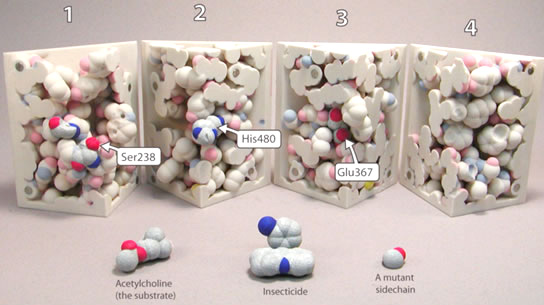Students often view science as a mere collection of facts in a textbook — and not the series of experiments that supported the current understanding of science that is conveyed in the textbook. Furthermore, simply knowing all the facts in the textbook does not make one a scientist. Instead, science is a way of knowing, supported by evidence gathered from a number of different vantage points, often from a number of research labs. When new evidence conflicts with our current understanding, further experiments either refute the new evidence or require a revision of our understanding.
Scientists need to know a lot about a little and a little about a lot. They need to dig deeply in their particular research topic, and yet they need the broad view to understand how their work fits in the larger context. Furthermore, many of the greatest advances in science have come when someone applies an old technique to a new situation or combines ideas from seemingly diverse fields.
Recent studies in science education point to the need to develop science skills (for instance: critical thinking, problem solving, reading the scientific literature, spatial reasoning) in young scientists. The CREST project seeks to develop instructional materials that address ‘how do we know?’ — the data that substantiates the claim that a particular amino acid is important in binding the substrate (perhaps a mutagenesis experiment).

Examples
Evolution in Action – This activity explores the molecular basis of insecticide resistance. Based on one page Nature article by Weill, et al., the activity uses physical models, Jmol images and bioinformatics activities to ‘rediscover’ the findings of Weill and collegues.